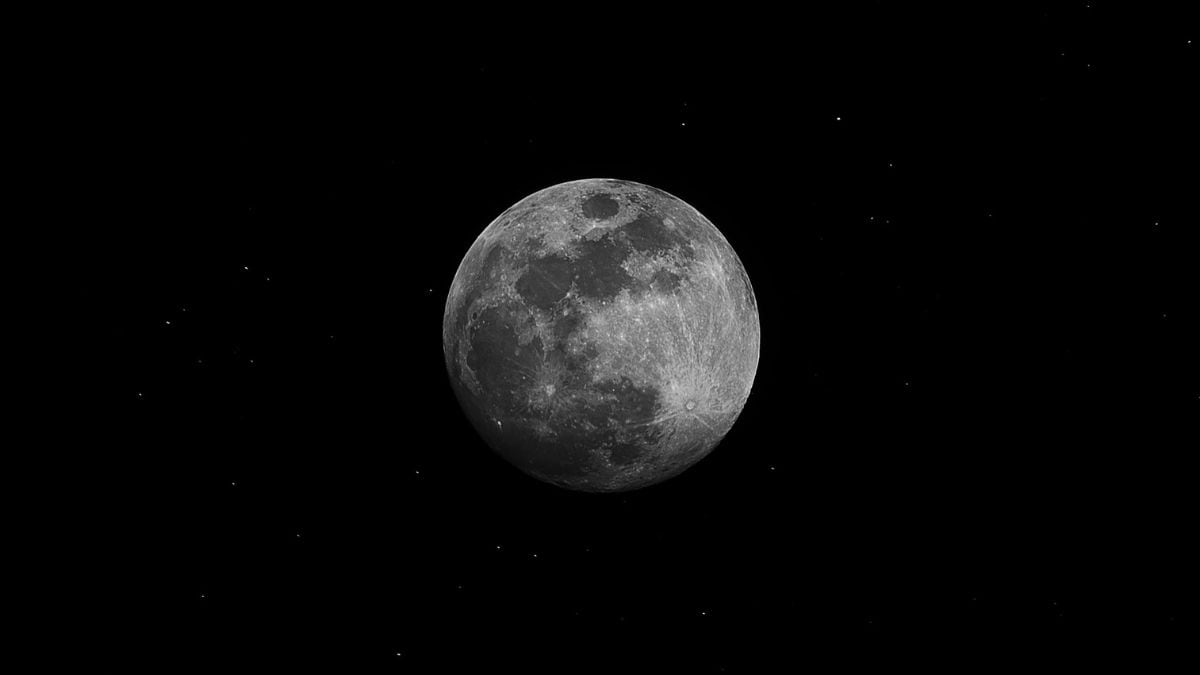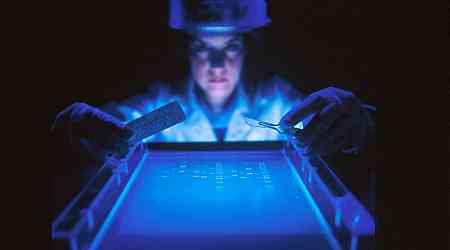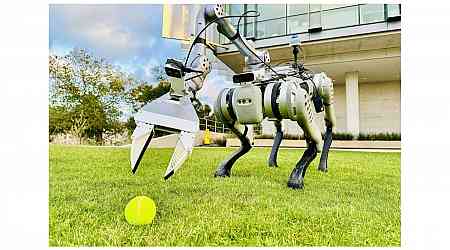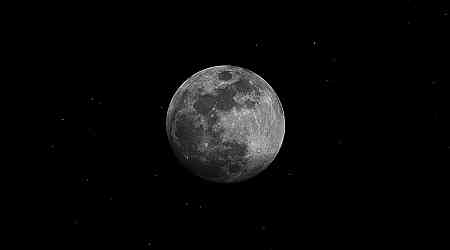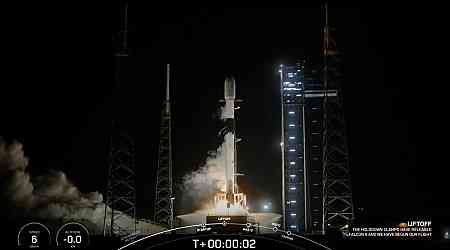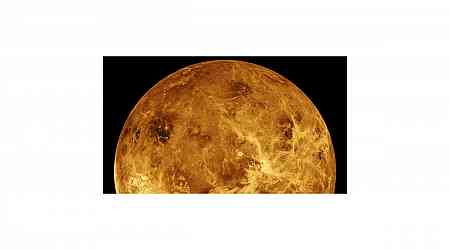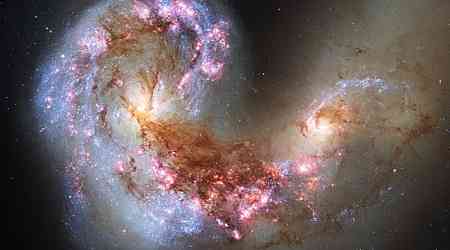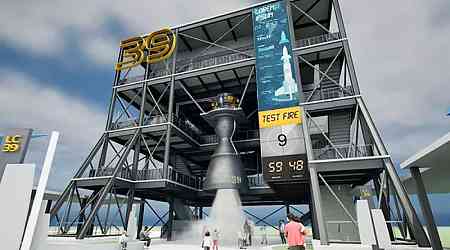A three-day symposium focusing on leveraging the Moon as a vantage point for astronomical studies was held at the Raman Research Institute (RRI) in Bengaluru from December 2 to 4. Organised by researchers from RRI and the U.R. Rao Satellite Centre (URSC) under the Indian Space Research Organisation (ISRO), the event brought together over 60 participants from academic institutions, research centres, and the industry. According to reports, the discussions aimed to explore the possibilities of conducting advanced scientific experiments from the lunar surface, especially in the context of India's planned future lunar missions.
As per a report by The Hindu, the symposium, titled "Astronomy from Moon in the Era of Indian Lunar Missions," was the first in a series announced by the Astronomical Society of India. The report further highlights that the Moon's unique environment offers an unparalleled opportunity to study the cosmos. The absence of atmospheric interference and radio noise from Earth were highlighted as key factors enabling superior observations across various wavelengths.
Key Topics of Discussion
Topics covered during the symposium ranged from exploring the Moon's potential for space weather monitoring to conducting Infrared, Ultraviolet, and X-ray observations, the report further added. Plans to utilise the radio-quiet regions of the Moon for cosmological studies were also reportedly discussed, along with research on cosmic rays, meteorites, and the use of sensitive seismometry for deci-hertz gravitational wave measurements.
Participants and Institutions
The symposium saw participation from researchers and scientists affiliated with prominent institutions such as IISER Kolkata, IIT Kanpur, IIT Indore, and NISER Bhubaneswar. Representatives from Manipal Academy of Higher Education and other organisations were also present. Discussions emphasised collaborative efforts to integrate lunar exploration with cutting-edge astronomical studies, as outlined by the organisers.


















